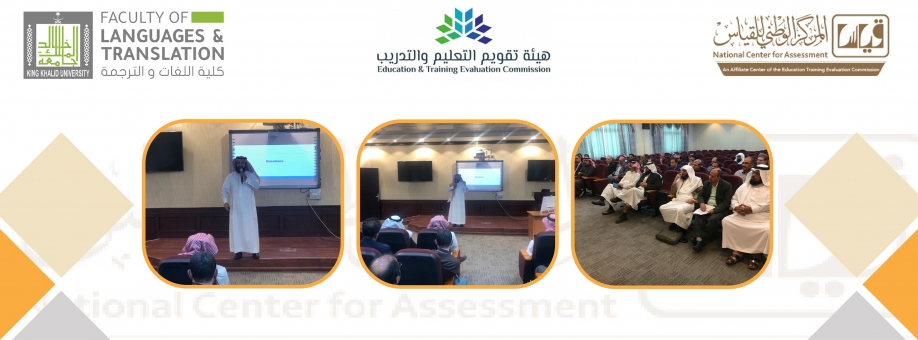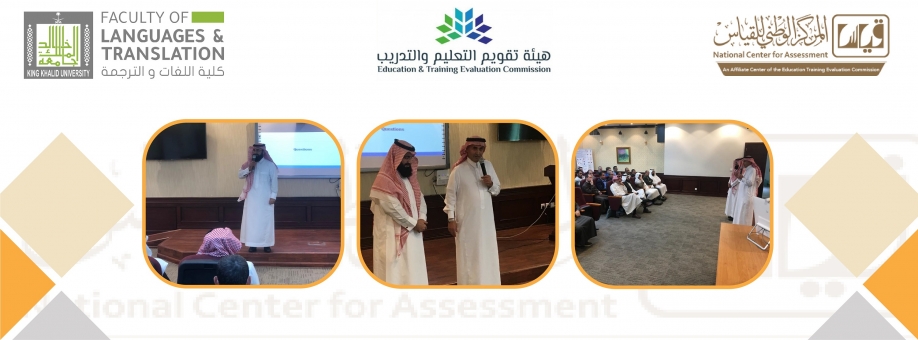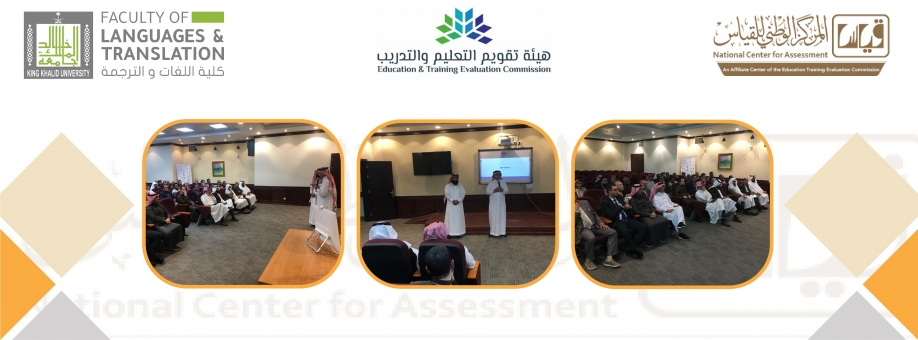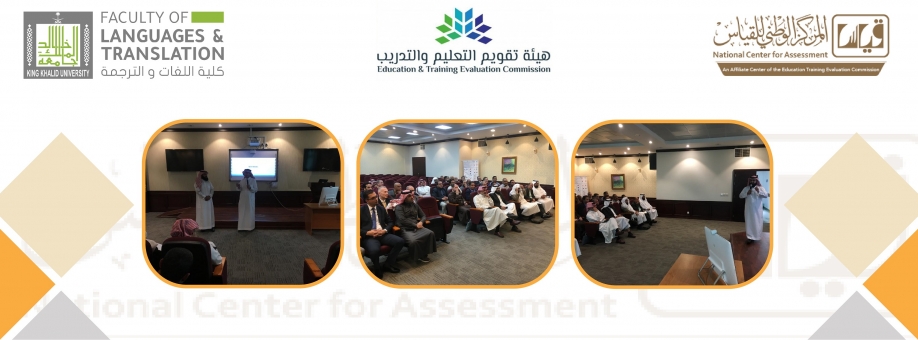FLT E-Learning Supervisor Delivers University-Wide Certification Course
At the beginning of the Spring 2022 semester, E-Learning Supervisor, Mohsin Raza Khan, delivered an e-learning practitioner certification course open to all faculty members. The importance of instructional design training and an enhanced learning environment for students is well known to all colleges of the university. "The focal point of the two-week practitioner course was to ensure alignment between assessments and learning outcomes. Fifty-eight faculty members registered in the course, and nearly half were able to complete it on time successfully. E-Learning Deanship Training Manager, Ali Alaosi, was instrumental in ensuring smooth delivery of the course, and we thank him for his support," said Khan.
The primary objectives of the course were to improve student learning, engagement, interaction, and quality learning. These objectives were solidified by the core foundation of the program that participants would be able to:
Create content items to present a variety of learning activities to enhance student learning.
Deliver authentic assessments to evaluate student knowledge in a variety of meaningful ways.
Use Blackboard communication tools to promote interactions between the student and instructor, the student and course content, and the student and peers.
Effectively utilize Blackboard Collaborate™ tools to increase student engagement by providing a means to share and create knowledge.
Date: 2/9/2022
Source: Faculty of Languages and Translation




